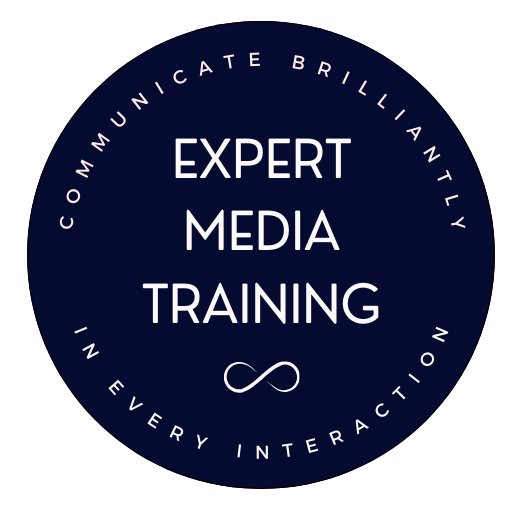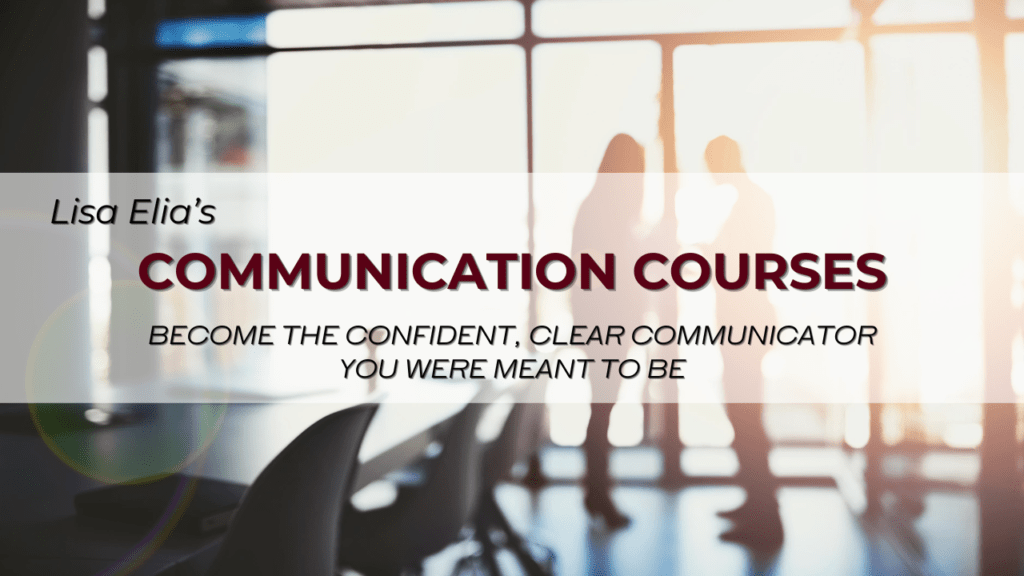
In an age where photos and graphics are used to tell stories, it’s interesting how words, and wording, are no less important than they were in the past.
Consider how a quote can make its way around the Internet, crossing time zones and continents.
Make it funny and people can’t wait to share it.
Your voice as a writer and speaker emerges and continues to develop over time.
What you choose NOT to say is just as informative of your brand as what you do say.
Is complaining part of your brand?
Is talking about how tired you are part of your brand?
Probably not.
The way you present yourself to others and the way you treat others, with your pen and your presence, shapes your brand.
Do you think people seem smarter when they’re putting down others?
Do you love it when you read something that shows someone has passed from confidence to arrogance?
Probably not.
If your words are not perfectly composed, do you want people to pin you to a wall for it?
When you’re speaking in public, do you want people to laugh if you stumble?
Probably not.
It makes it easy to know what others want when you look at things this way.
This is what it comes down to:
Humor is welcomed by most, understood by some, and disdained by few.
Hubris is disdained by most, understood by all, and welcomed by few.
Hiccups happen–figuratively in our writing, or literally, when we’re speaking. We’re not always going to be perfect. How you handle hiccups is what matters.
Go back to the humor, perhaps.
As you become more publicly known, you can still be yourself, but show the world the best version of yourself.
Want additional tips, thoughts and advice on wording? Check out these blog posts:
I’m Just a… And Other Undermining Statements to Avoid – Communication Tips from a Media Trainer
How to Avoid Using Jargon in Media Interviews and Communications – Tips from a Media Trainer
Authenticity and Your Message – a Note from a Media Trainer
Glossary of Media Interview Terms – from Los Angeles Media Trainer Lisa Elia


